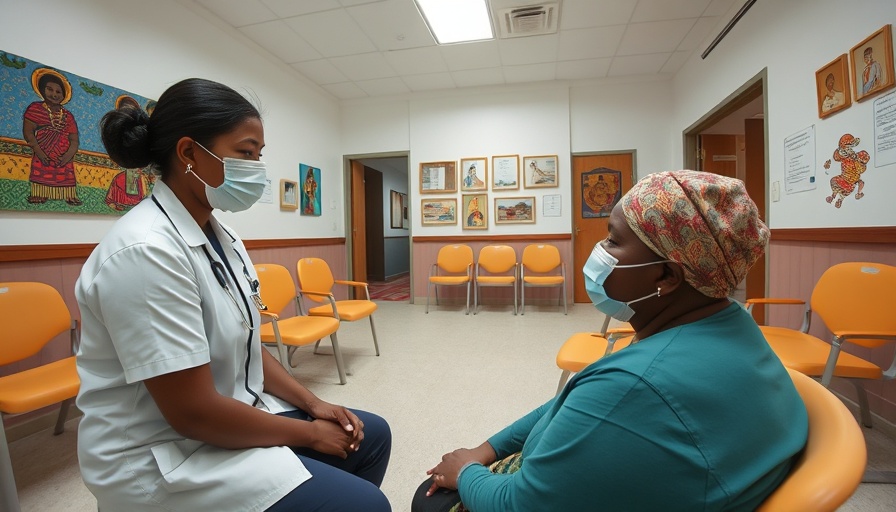
Understanding the Impact of Federal Cuts on Northwest Tribal Nations
The recent announcement from the Trump administration regarding significant cuts to the Indian Health Service (IHS) and the Bureau of Indian Affairs (BIA) has raised alarms in Native American communities throughout the Northwest, particularly among tribal leaders from nations like Yakama, Spokane, and Colville. These cuts threaten to disrupt essential services such as healthcare and education, which many Indigenous people rely on heavily.
The Scope of the Cuts and Their Consequences
As part of an effort to decrease federal office space, the administration has canceled leases for at least 12 IHS facilities and 25 BIA offices, a staggering reduction representing nearly 30% of their facilities. These cuts are set against a backdrop of rising healthcare needs in Indigenous communities, which are already operating with stretched resources. For instance, the Confederated Tribes of the Colville are among those potentially hit hard, as their healthcare services have struggled with funding for years.
The Voices from the Community
“Significant underfunding cannot be categorized as wasteful,” states Greg Abrahamson of the Spokane Tribe of Indians, highlighting the distortion often associated with discussions around governmental funding. His testimony before the U.S. House Interior Appropriations Committee emphasizes that Tribal clinics, including those serviced by IHS, have had to navigate an increasingly challenging landscape filled with uncertainty.
Why This Matters Today
These cuts come at a time when health disparities among Native American populations are striking. The American Indian and Alaska Native populations face some of the highest rates of chronic diseases and the lowest access to healthcare. The potential shutdown of IHS facilities could mean even fewer resources for these vulnerable communities. With an estimated 3 million Native American citizens facing these hurdles, the repercussions could be severe and far-reaching.
Community Resilience and Future Steps
Despite the dire situation, many in the community remain hopeful and are calling for action. Local leaders are advocating for increased visibility on these issues and urging citizens, especially those in urban areas like Seattle, to engage with policymakers. The dialogue surrounding these federal cuts is not just about funding; it’s about recognizing and supporting the rights and needs of Native peoples.
Join the Conversation
The communities affected by these cuts need allies. As discussions unfold, it’s imperative for those outside Indigenous communities to listen, learn, and speak out. Your influence can contribute to policies that prioritize health and sustainability in these nations. Consider reaching out to local representatives and voicing your support for sustained funding and resources to Indigenous health services.
 Add Row
Add Row  Add
Add 




Write A Comment